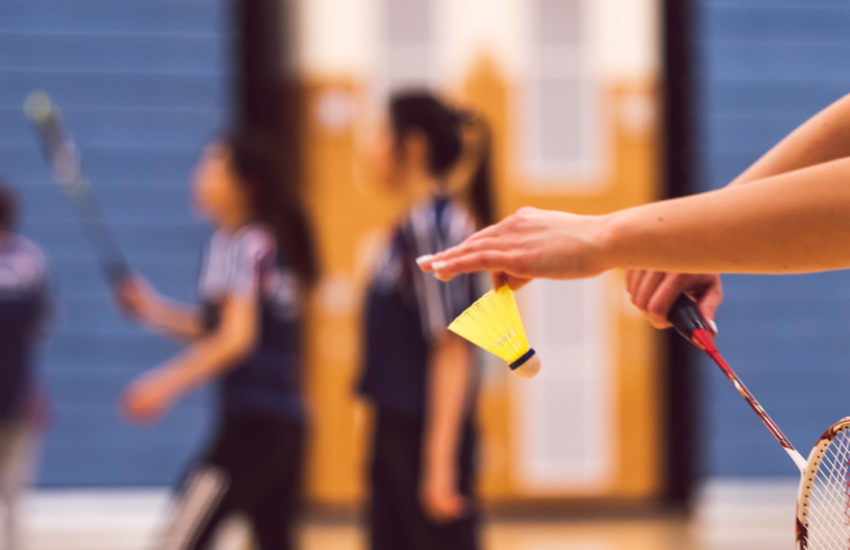The Traps in Sports Betting That Will Make You Lose All Your Money
It’s no secret that sports betting can seem like a bit of a gamble – when everyone else is winning, you want to play too. But that’s the point of gambling – it’s supposed to be risky! It might be hard to predict the outcome of your bets, but there are some ways you can reduce your risk. One way to do this is by avoiding these common traps that people fall into when they’re gambling on sports.
The Trap of Technical Analysis
Technical analysis is a popular method of gambling. It involves analyzing the performance of individual athletes or teams to predict future outcomes. While it can be an effective way to make money, technical analysis can also be a trap that can lead to losses.
One common pitfall of technical analysis is overreacting to short-term fluctuations in performance. For example, if an athlete is playing poorly for a few games but then starts playing better, technical analysts may assume that he has turned a corner and start betting on him heavily.
However, this could just be a temporary slump and the player could revert to his old form soon enough. If the player had been playing well all along but was temporarily unlucky, his streak of good play will be erased by the bad streak and he will likely lose money as a result.
The Trap of Value Betting
Another trap is the value bet. This is when you think you can get a better return on investment by betting on lower-valued games. However, these games tend to be riskier and therefore often lead to bigger losses.
The Trap of the Best Bets
The trap of the best bets is a common pitfall in sports betting. This occurs when you place a bet on a team or player that is considered to be a sure thing or an easy winner. The problem is that these types of bets are often very risky and can easily lead to big losses.
The best way to avoid this trap is to always stay alert. Also, make sure that you are aware of all the possible risks associated with each bet you make. This includes not only the odds and the potential outcomes, but also the fact that certain teams or players can have notoriously bad performances from time to time.
If you do decide to take a chance on a sure thing, be prepared for the possibility of losing your entire bet. Instead, try sticking to safer bets that offer more potential for reward, regardless of how likely they may seem at first glance.
The Trap of Overconfidence
Overconfidence is the trap that sports bettors fall into most often. It’s a natural tendency to feel good about ourselves and our chances, which can lead us to make poor decisions.
The first step to avoiding this trap is recognizing when we’re feeling overconfident. Then, we need to be honest with ourselves and take a step back from the situation.
Once we’ve assessed our situation, we need to develop a plan of action based on our strengths and weaknesses. We should also keep in mind our goals for betting and how much money we’re willing to risk.
Finally, we need to stay focused and follow through with our plan of action. If we stick to it, overconfidence will eventually wear down and we’ll be able to win big bets without falling victim to the trap of overconfidence
The Trap of Overbetting
One of the most common mistakes people make when it comes to sports betting is overbetting. This means that they put too much money on a particular outcome, rather than simply wagering what they feel is an appropriate amount.
Overbetting can be dangerous because if the bet loses, the person who placed the bet has to pay back their original investment plus any additional losses incurred since then. This can quickly add up, especially if the bet was relatively small in comparison to other bets made on the same game.
Another problem with overbetting is that it can lead to feelings of guilt and regret. If you’re not successful in your wagers, it’s easy to second-guess yourself and start feeling like you should have done better. This leads to even more losses because you’re now gambling with money that you don’t have.
If you’re ever feeling tempted to overbet on a sports game, remember two things. Don’t put more money down than you’re comfortable losing and don’t let your emotions get in the way of making smart decisions. Just because something looks like a good idea doesn’t mean it is.
The Trap of Short-Term Gains
One of the most popular traps in sports betting is the “short-term gain” syndrome. This is a psychological phenomenon where bettors mistakenly believe that quick wins will continue and allow them to accumulate more money over time. However, as soon as one loses, they become convinced that this is a sign that they are bad at gambling and should quit.
This trap is often easiest to fall into when you have been winning regularly. Betting on smaller stakes means you can quickly rack up profits, giving the illusion that your skills are improving. However, if you ever lose big in a short period, you may start to doubt yourself and increase your risk of further losses.
If you find yourself struggling to make consistent profits at lower stakes, it might be worth considering stepping up your game and moving up to bigger bets. This will give you more opportunities for long-term growth but also means taking on greater risks. If you can manage your risk well, then short-term gains can be a valuable part of any successful gambling strategy.
The Trap of Greed or Fear
Two traps can easily take hold in sports betting and lead to serious financial losses for players. The first trap is greed, which can quickly turn into a fixation on winning rather than taking the time to build a solid strategy. The second trap is fear, which can cause bettors to back away from risky propositions to protect their profits.
Both of these traps can be hard to resist and can quickly lead gamblers down a path of ruin. If you’re looking to make money playing sports betting, it’s important to avoid both of these traps. Instead, focus on developing a sound strategy that will allow you to win consistently.




